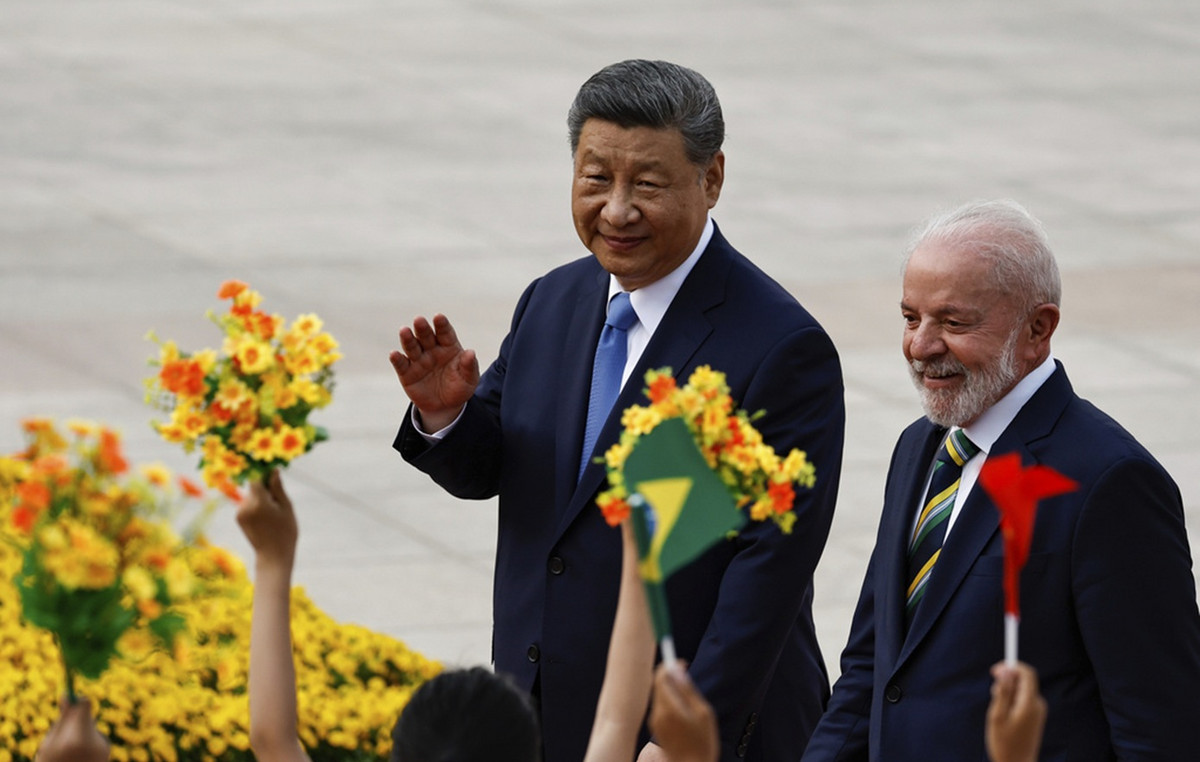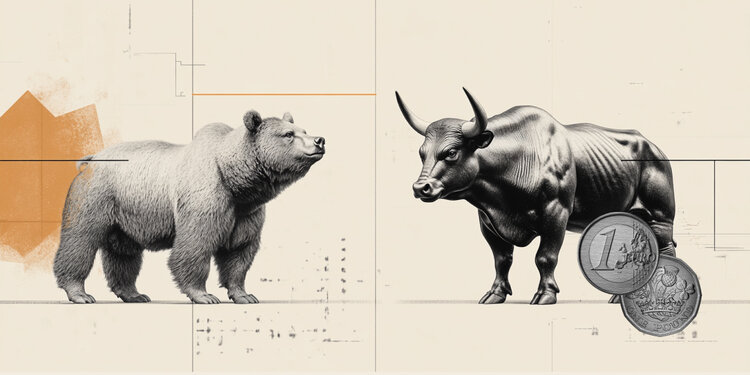The massive Russian missile bombardment of Kiev this week was the fastest and most complex attack on the Ukrainian capital to date. The Kremlin claimed to have hit one of America’s prestigious Patriot missile defense systems.
It was a bold statement, but it wasn’t entirely without merit. The complex automated missile system suffered minimal damage – possibly from falling debris – but was not destroyed and continued to function, US officials told the news agency. CNN .
However, speculation that day raised concerns that Kiev’s near-invincible anti-missile shield, largely donated by NATO partners, could now have vulnerable holes that Russia could exploit.
The following night, however, skies over the capital were calm. The all-too-familiar and disconcerting sound of interceptor rockets being launched at lethal incoming payloads did not occur.
President Xi’s envoy Li Hui was to spend the night there on a planned and publicly announced visit. A missile that disturbed its peace or, even worse, hit it could have turned the tide of the war.
But Putin needed metaphorical blood from Volodymyr Zelensky’s nose when Ukrainian officials met with Li. He wants to persuade the only world leader who can balance his stagnant struggle with Ukraine that he can win and that his offensive deserves military backing.
Nothing would have spoken louder of Moscow’s prestige than its much-vaunted and expensive Kinzhal hypersonic missile for winning a duel with the American Patriots.
Flying at up to 10 times the speed of sound, the six Kinzhal hypersonic missiles fired that night cost a total of $60 million.
The nine cruise missiles fired from its Black Sea fleet nearly doubled the bill, and that’s before adding the cost of the Iskander and S400 missiles that were also part of that night’s attack.
Ankara at the diplomatic fence
Xi is not the only leader involved in the Ukraine war that Putin appears to be trying to win over.
Volatile Turkish leader Recep Tayyip Erdogan received a call from Putin the same day Li left Kiev. Within hours of the call, months of disputes with Moscow over the “Black Sea Grain Agreement” were over.
The deal, negotiated by the UN to ensure Ukraine can get its grain to world markets, critical to food security in East Africa and other impoverished regions, was first signed in July and is renewed every few months.
Every time Moscow drags on, the grain supply falters and almost stops before Putin has signaled he can go ahead.
The deal became yet another attempt at Russian influence over Turkey. Since the war began, Putin has tried to get Erdogan to drop the diplomatic fence and stop supporting Russia and Ukraine, where he sends vital drones to the battlefield.
Late last year, Putin offered Erdogan a potentially lucrative deal to host a new hub for exporting Russian gas to Europe now that the Nord Stream 2 pipeline, which runs under the Baltic Sea to Germany, has been destroyed.
Erdogan is a perpetual hunter, always looking for ways to secure his position as president and Turkey’s influence with its international partners. Geopolitics is his favorite commercial bazaar, and Putin plays at it.
Letting the Black Sea grain deal drag on for another 60 days was Putin’s gift to Erdogan. That could have made things more difficult and potentially more politically dangerous for the Turkish leader, who faces a run-off in his country’s May 28 presidential election.
Putin probably figured he didn’t need to commit to the deal until after the first round of Turkish elections last week. Their result appears to indicate that Erdogan is likely to win the runoff, making the grain deal a useful diplomatic investment for Putin.
Of course, there are no guarantees that Erdogan will win. There is also no guarantee that Xi will be interested in Putin’s missile salvo against Kiev’s Patriot missile batteries, but he must have taken note.
expensive military tactic
A gold standard in protection, Patriots ship to US allies around the world; they are a sign of political support and an act of real-time military defense, a powerful symbol of collective security.
As Xi reflects on his rising tensions with the US and a possible showdown over the disputed island of Taiwan, the war in Ukraine provides an object lesson in which weapons are best, what works and where America’s weaknesses lie.
While Putin’s true war strategy – beyond trying to force 40 million Ukrainians into submission – is hard to fathom, he certainly values his relationship with Xi very highly.
It was Xi whom he visited on the eve of his unwarranted and illegal invasion of Ukraine last year.
It was Xi who came to Moscow and talked about a peace deal that never recognized Russia’s violation of Ukraine’s sovereignty and international law. The Chinese leader also failed to mention the moral depravity of Putin’s troops and the war crimes they and the Kremlin committed.
In short, from Putin’s point of view, Xi is the closest thing he has to a powerful ally at the moment, but he would be much more useful if he believed that Moscow could win the war.
Crushing the Kiev Patriot on the eve of the Chinese envoy’s visit would be a sign that Russia’s military might has not been completely wasted on the battlefield and that Putin still has a few punches left.
Meanwhile, Kiev believes it too has good reason to court Li. The Zelensky government believes Xi is listening to its side of the war story, which it sees as instrumental in undermining Putin’s victim narrative.
At the United Nations in New York, on the eve of the first anniversary of the war, Ukraine won 141 votes in favor of its motion demanding that Russia leave its territory.
The Chinese did not release Xi’s 12-point peace plan until the next day. Ukraine considers this respectful, which indicates that the dialogue is worthwhile.
Despite Putin’s attempts to eliminate the Patriots, Li’s visit does not appear to have changed that view.
Both Beijing and Kiev – despite the big differences – still talk about the “constructive” role that China can play. This is certainly not the return on investment the Kremlin was hoping for.
Source: CNN Brasil
Bruce Belcher is a seasoned author with over 5 years of experience in world news. He writes for online news websites and provides in-depth analysis on the world stock market. Bruce is known for his insightful perspectives and commitment to keeping the public informed.







